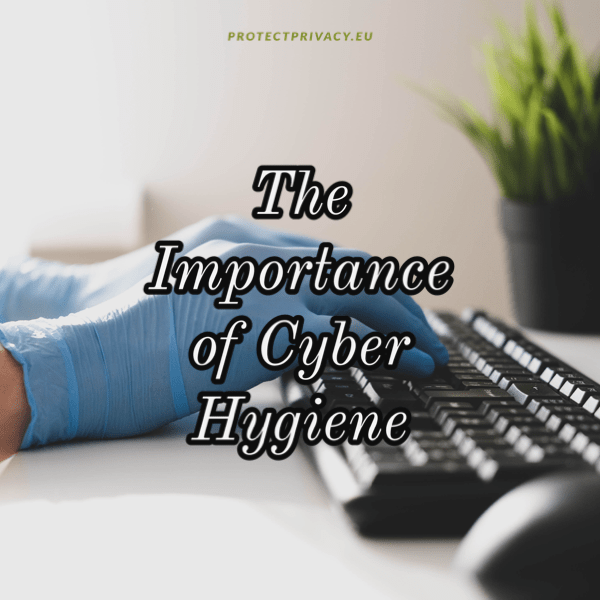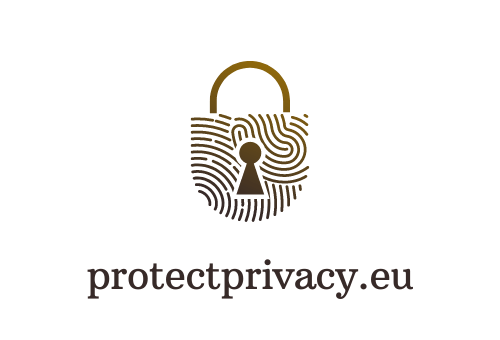The Importance of Cyber Hygiene – Beyond Just Passwords

It would be tough to overlook the fact our lives are increasingly intertwined with the online world. Therefore, safeguarding personal information and ensuring our digital presence remains secure is paramount. Cyber hygiene goes beyond merely setting strong passwords; it encompasses a range of practices to maintain a secure and protected online environment. Let’s explore the significance of cyber hygiene and understand how it extends beyond just passwords.
1. Protecting Digital Footprints
Our digital footprints are the trail of data we leave behind whenever we engage with the online world. Cyber hygiene involves being mindful of the information we share and how it can be used. This includes being cautious about the personal details we provide on social media, in emails, or on other platforms. By minimizing the data we expose, we reduce the risk of being targeted by cybercriminals.
2. Regular Software Updates and Patch Management
Cyber hygiene emphasizes the importance of keeping our devices and software up to date. Developers regularly release updates and patches to address vulnerabilities and enhance security. Failing to update your software could leave your systems exposed to potential threats. By staying current with updates, you add an extra layer of protection against various cyber threats.

3. Utilizing Multi-Factor Authentication (MFA)
Multi-factor authentication (MFA) is a vital aspect of cyber hygiene. It involves using at least two forms of identification before granting access to an account or system. This could be a combination of a password, a fingerprint scan, a smart card, or a one-time code sent to your phone. MFA significantly enhances security, making it difficult for malicious actors to breach your accounts even if they have your password.
4. Secure Internet Browsing Habits
Safe internet browsing practices are essential for maintaining cyber hygiene. This includes being cautious about the websites you visit, avoiding suspicious links or downloads, and utilizing secure, encrypted connections (HTTPS) for online transactions and communication. Adhering to these practices reduces the risk of falling victim to phishing, malware, or other cyber-attacks.
5. Regular Data Backups
Cyber hygiene also involves safeguarding your data through regular backups. In the event of a cyber-attack, such as ransomware, having recent backups of your critical data ensures you can recover and restore your information without paying a ransom. Automated backups to secure, offline locations provide an additional layer of protection against data loss.
6. Education and Awareness
Staying informed about the latest cyber threats and evolving security best practices is crucial. Cyber hygiene includes educating yourself and your team about potential risks and how to mitigate them effectively. Awareness programs and ongoing training help in building a vigilant digital community that can identify and respond to threats promptly.
Read Next: Cyber Hygiene – Essential Practices for Online Safety
7. Privacy Measures Beyond Passwords
Cyber hygiene extends to privacy measures that go beyond passwords. This involves utilizing Virtual Private Networks (VPNs) to mask your IP address and encrypt your internet connection, ensuring your online activities are private and secure. Additionally, consider using privacy-focused search engines and browser extensions that enhance your online privacy.
Conclusion
In an era where our lives are increasingly reliant on technology and the internet, practicing good cyber hygiene is essential. It’s not limited to creating strong passwords; it encompasses a comprehensive approach to protect our digital presence, sensitive information, and online activities. By adopting the practices mentioned above and staying informed about emerging cyber threats, we can create a safer and more secure online environment for ourselves and our communities.








